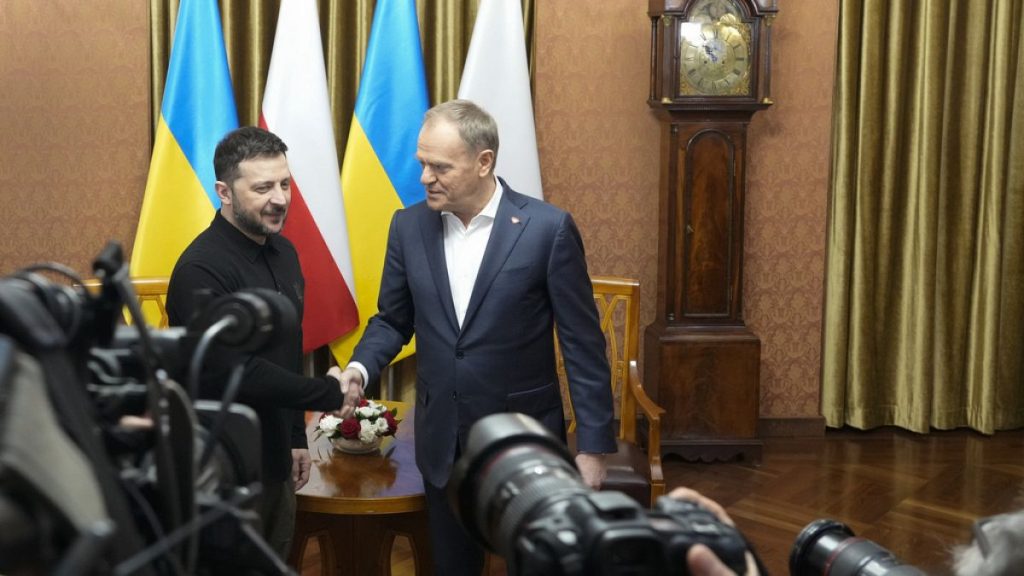Introduction: A Step Towards Healing and Reconciliation
In a significant move towards mending strained relations, Polish and Ukrainian officials have embarked on a joint initiative to exhume mass graves from the 1943 Volhynia massacres. This effort is not only an attempt to uncover the past but also a step towards healing and reconciling the two nations. The collaboration aims to address the historical tensions that have long divided Poland and Ukraine, offering a pathway to mutual understanding and respect. By working together, both countries hope to honor the victims and foster a brighter, more cooperative future.
Historical Context: Uncovering the past
The massacres in question were perpetrated by the Ukrainian Insurgent Army (UPA) during World War II, resulting in the deaths of approximately 100,000 Polish civilians and numerous others from diverse ethnic backgrounds. These tragic events have been a point of contention, with Poland recognizing them as a genocide, while Ukraine views them as part of a complex conflict with shared responsibilities. Understanding this history is crucial, as it lays the groundwork for the current exhumation efforts and the importance of addressing these wounds.
A Collaboration of Nations: United in Purpose
The collaboration between Poland and Ukraine is a testament to their commitment to reconciliation. Officials from both countries have come together, with permission granted to exhume a mass grave in Puzhnyky, a village where remains were discovered in 2023. A team of experts will conduct the exhumations, supported by organizations such as the Institute of National Remembrance and the Pomeranian Medical University. This joint effort underscores the importance of unity in confronting the past, with both sides acknowledging the need for a cooperative approach toниками honoring the victims and uncovering the truth.
Procedures and Scientific Approaches: Unraveling the Mysteries
The exhumation process will involve meticulous procedures, including DNA sampling to identify victims and determine causes of death. These scientific methods aim to provide closure for families and shed light on the circumstances surrounding the massacres. The involvement of experts ensures that the process is conducted with the utmost respect and professionalism, reflecting a commitment to both historical accuracy and humanitarian care.
Impact on Relations: Bridging the Divide
This initiative holds the potential to significantly improve Polish-Ukrainian relations. By addressing a painful chapter in their shared history, both nations can move towards a future of understanding and collaboration. The collaboration not only honors the victims but also sets a precedent for resolving historical disputes through mutual effort and respect. The success of this project could pave the way for further cooperation, fostering a stronger alliance between the two countries.
Conclusion: Embracing the Future with Empathy
In conclusion, the exhumation efforts in Volhynia represent a meaningful step towards reconciliation. By working together, Poland and Ukraine are not only uncovering the past but also building a foundation for a more harmonious future. This endeavor, marked by empathy and a shared commitment to truth, highlights the power of collaboration in healing historical wounds. As both nations move forward, the hope is that this effort will foster a deeper understanding and mutual respect, enriching their relationship for generations to come.












